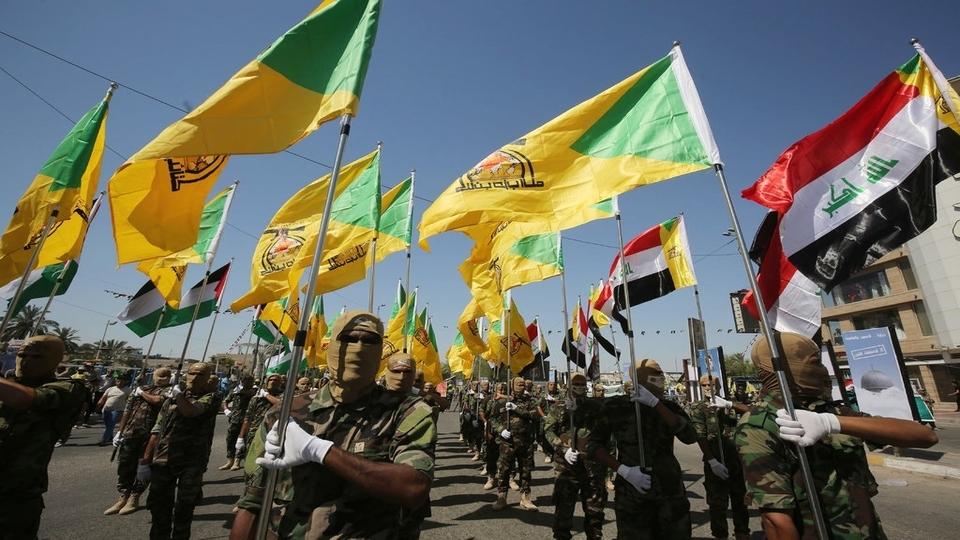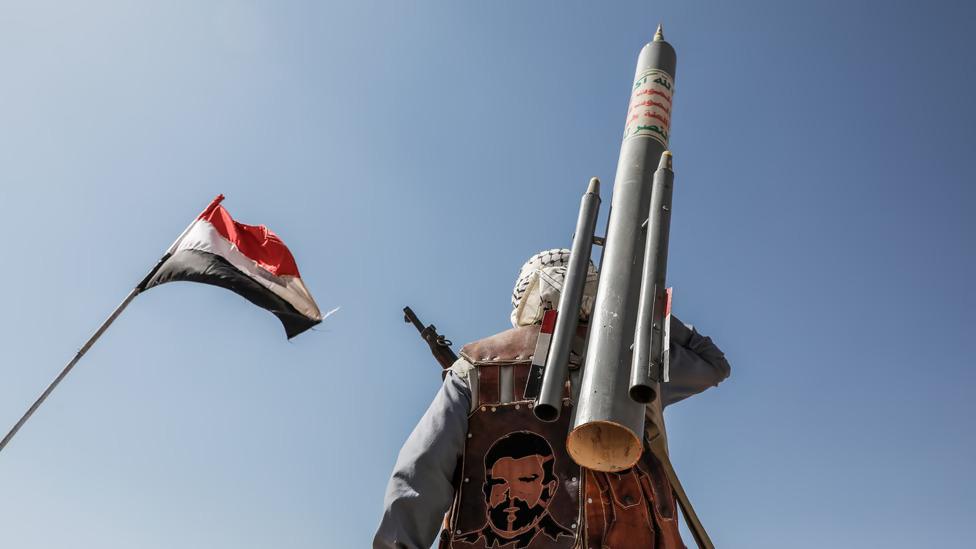Iran’s influence over Shia militants is shrinking Who pays the check?
The worsening of the regional stability in the Middle East amid the ongoing Israel-Hamas war, the frequent bombing of Lebanese southern territories, and renewed activities of the Iranian-backed and Palestinian refugees flooding the border with Egypt to seek safe shelter increased the risks of broader regional war.
Unsurprisingly, Israel and Western allies blamed Iran and its proxy forces based in Lebanon, Iraq, Syria, and Yemen for their direct involvement in perpetrating deadly attacks and infiltrating Israeli territories.
However, the recent events in the Red Sea, the Gaza Strip, and northern Iraq demonstrate pro-Iranian militant groups' long arms and potential to destabilize the regional order by conducting deadly attacks and sabotage operations with severe geopolitical ramifications.
The intensity of actions of regional militant groups recently triggered debates in international media as to whether Iran's influence over proxy forces is shrinking or not. Iran’s well-known proxy network was once built by General Qassim Soleimani, the late chief of Iran’s elite Quds Force.
Soleimani’s achievement was significant because these are not homogeneous organizations that are ideologically linked to Tehran. For example, Hamas is the Palestinian wing of the Muslim Brotherhood, while the Houthis, despite being Shiites, come from another religious faction that differs from the one followed by the leadership in Tehran.

Although after Soleimani’s assassination, Iran maintained its legacy, it gradually lowered its direct involvement in the process due to the normalization of ties with Saudi Arabia and other Gulf monarchies. However, even under Soleimani, events in Iraq were slowly trending toward a nightmare scenario for the Iranian regime.
Therefore, it may hint that Tehran is unlikely directly involved in the recent attacks on the Red Sea and earlier attempts to assassinate the former Iraqi Prime Minister Mustafa al-Kadhimi. In 2021, the Iraq Shia militia group targeted PM Kadhimi’s residence in Baghdad’s Green Zone by using an Iranian-made suicide drone. Although the plot attempt failed, it demonstrated that Iran does not have as much control over these groups since Soleimani was killed.
While this attack was a signal of future instability, the situation went out of control when, in February 2024, three American soldiers were killed when a drone hit their living quarters in Tower 22, a small outpost in Jordan near the country's borders with Iraq and Syria. The attack was claimed by Islamic Resistance in Iraq, an umbrella term used by pro-Iran Iraqi Shiite militias that are backed and trained by the Islamic Republic and its Islamic Revolutionary Guard Corps (IRGC).
The strikes, which are expected to continue, were also meant to deter further attacks by Iran-backed groups, which have targeted Americans in Iraq and Syria more than 160 times since the Israel-Gaza war broke out on October 7, 2023.

The escalation in the Middle East re-activated a shadow war between Iran and the US with several escalation and de-escalation periods. Nevertheless, it is evident that since 2020, Iran has been highly uneasy about maintaining total control over its proxy forces and military operations against the US troops stationed in the region.
On the one hand, Tehran does not want an open confrontation with the US and regional states like the Arab Emirates (UAE) and Saudi Arabia, while on the other hand, it is not ready to downgrade its support to proxy forces due to "national interests and concerns." Indeed, the Iraqi Muqawama (resistance movement) was becoming unresponsive to Iranian direction at key moments.
Violent militant groups like Kataib Hezbollah act autonomously in Iraq against the US troops, which complicates Tehran’s position more. The death of American soldiers led Tehran to scramble to try to rein in Kataib Hezbollah. Despite the common perception that Tehran exercises full control over all these groups, the reality is more nuanced. There is a diversity of ideologies and religious identities, including Sunni-Shi'ite and intra-Shi'ite differences.
As such, it is safe to note that the militia independently decided the current attacks against US troops in Middle East groups themselves as Iran finds itself unable to dissuade these actions. Hence, Tehran may distance itself from violent attacks of radical militias in order to avoid direct military confrontation with the US amid geopolitical uncertainty. However, currently, Iran has an upper-hand in the region, which it may wish to use to get more concessions from the West.








